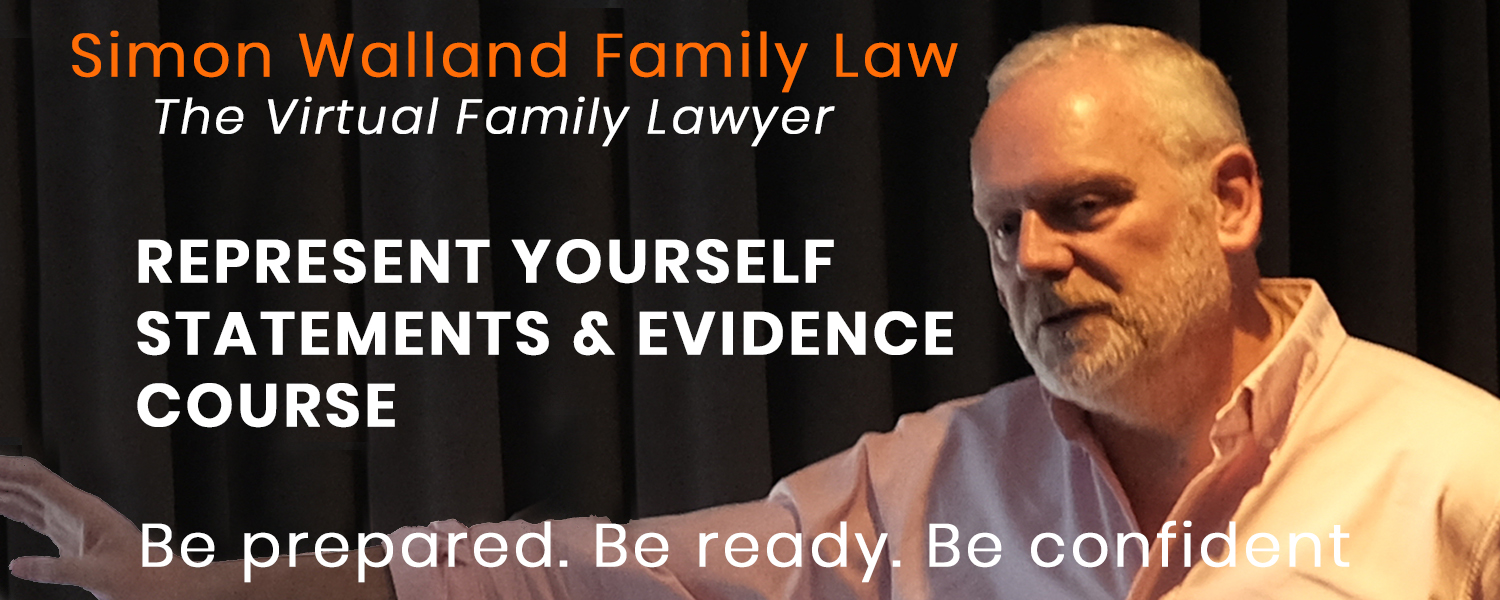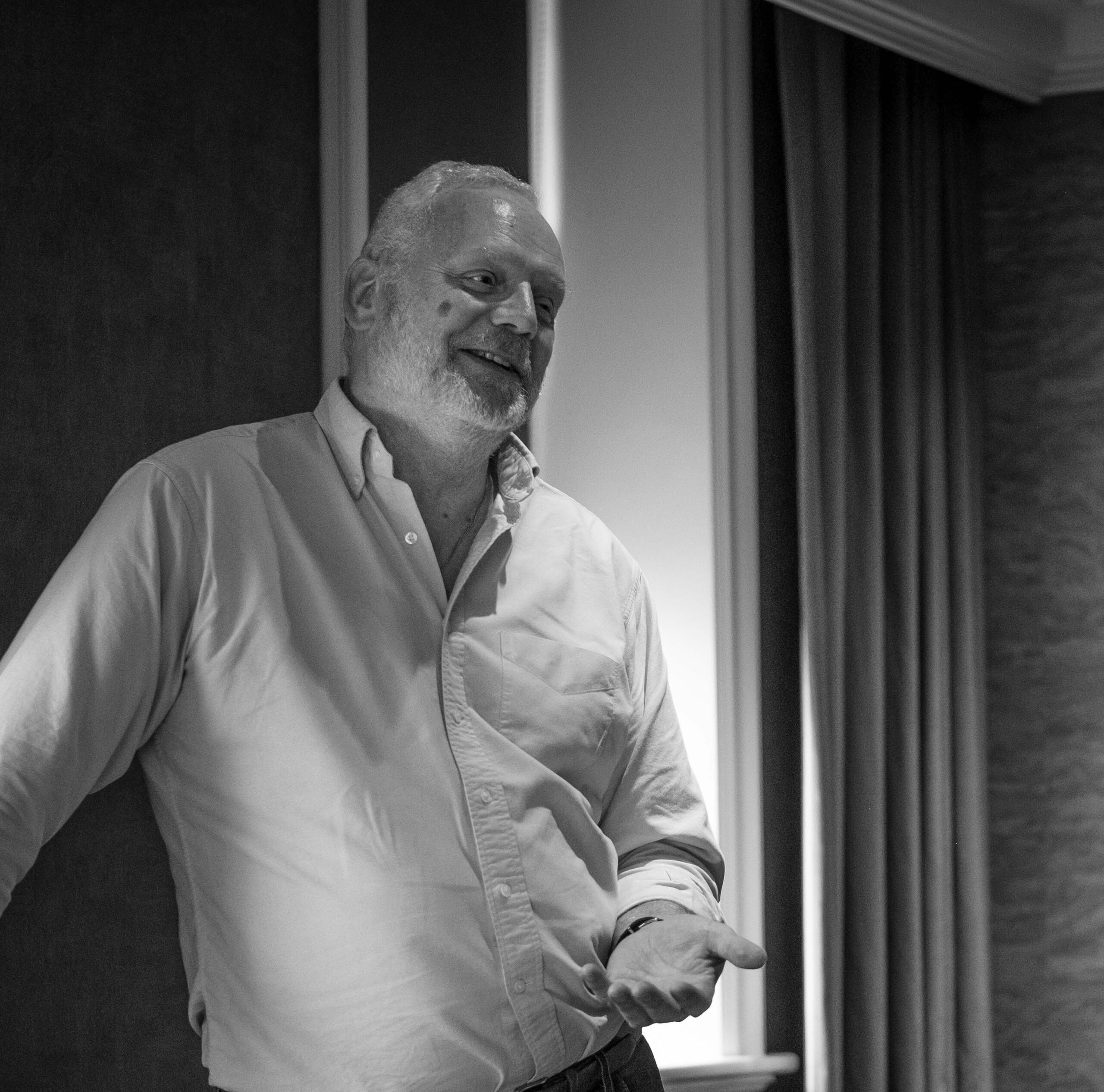
Represent Yourself – Statements and Evidence
At the culmination of the process where an agreement hasn’t been reached, there will be a final hearing where you’ll be required to provide a more comprehensive statement back with evidence. This experience can be daunting to those unfamiliar with this part of Family Court proceedings and it is essential to know how to produce a statement that presents all the important details of your case and what constitutes robust and admissible evidence.
This course is designed for those who are making a children or finances application to court, are already in proceedings, or are enrolled on a Simon Walland McKenzie friend training course. The course facilitates the development of a complete practical skillset and embeds a comprehensive knowledge of Family Court processes. Participants learn the fundamental skills required for the planning and writing statements and the selection of feasible evidence through a day of practical exercises, discussions, and case studies to reinforce their learning and application of the concepts.
Course delivery
The course is run face-to-face by legal expert, Simon Walland. Simon has over twenty years’ experience of dealing with children cases and qualified as a Barrister in 2010.
Prepare for the course by engaging with resources outlining a scenario to familiarise yourself with the case study to be examined during the day course. Examine additional supporting documentation including a Section 7 report and a position statement provided by the other party earlier to become familiar with the case study.
During the session, participants examine the scenario and develop a suitable approach to the case. Through questioning and analysis of the additional documents and information, course attendees attempt to extract key information that can be used to bolster the persuasiveness of the case. Analysis focuses on the positive and negative aspects of the case and how they can be used effectively to set clear and achievable objectives to frame a credible statement.
Learners examine the case study evidence and predict what evidence the other side may produce to demonstrate how evidence influences what aspects of the case are included in a statement. Finally, the group assesses the relevance, integrity and the reliability of evidence of three witnesses.
- You will:
- use taught knowledge to assess the information relating to your own circumstances and select significant information to present to the court.
- consider the importance of any missing information, identify how to find it, and deliberate on its usefulness to your case
examine evidence to decide on its legitimacy and suitability at this stage. - assess witnesses and how they may assist, or hinder a case.
- outline and reflect on the issues to be resolved in your case
- learn how to use the good and bad points in your case
- plan and write a case theory and understand its use in statement writing
- recognise, explain, and apply steps to planning and writing a robust statement
- critique the statement produced and identify its strengths and areas for improvement
By the course’s conclusion, participants will have gained the essential knowledge and practical skills necessary to confidently prepare statements and evidence for a Family Court hearing. Course attendees are given a copy of both finished position statements as model documents along with additional templates as references and guides.

Simon Walland
I am Simon Walland and I am offering these services to show and explain how you can represent yourself in the family courts with confidence. Understand the procedure and what is expected of you to get the solution you are seeking I have been a McKenzie Friend since 2003 and have been in thousands of hearings at all levels of court. I have a Law Degree and was Called to the Bar as a Barrister in 2010. My experience includes teaching Law Students, McKenzie Friends and anybody representing themselves in the Courts since 2012. I have also provided specialist training courses to Domestic Abuse charities, Universities and various Support Groups and have been able to help several thousand people in that time.
